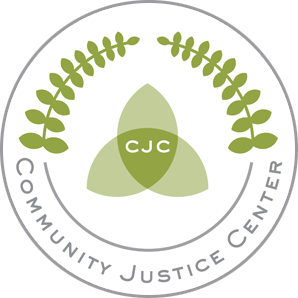Resources
Restorative LivingBy Howard Zehr
- Take relationships seriously, envisioning yourself in an interconnected web of people, institutions and the environment.
- Try to be aware of the impact – potential as well as actual – of your actions on others and the environment.
- When your actions negatively impact others, take responsibility by acknowledging and seeking to repair the harm – even when you could probably get away with avoiding or denying it. Write an apology letter.
- Treat everyone respectfully, even those you don’t expect to encounter again, even those you feel don’t deserve it, even those who have harmed or offended you or others.
- Involve those affected by a decision, as much as possible, in the decision-making process.
- View the conflicts and harms in your life as opportunities.
- Listen, deeply and compassionately, to others, seeking to understand even if you don’t agree with them. (Think about who you want to be in the latter situation rather than just being right.)
- Engage in dialogue with others, even when what is being said is difficult, remaining open to learning from them and the encounter.
- Be cautious about imposing your “truths” and views on other people and situations.
- Sensitively confront everyday injustices including sexism, racism and classism.
